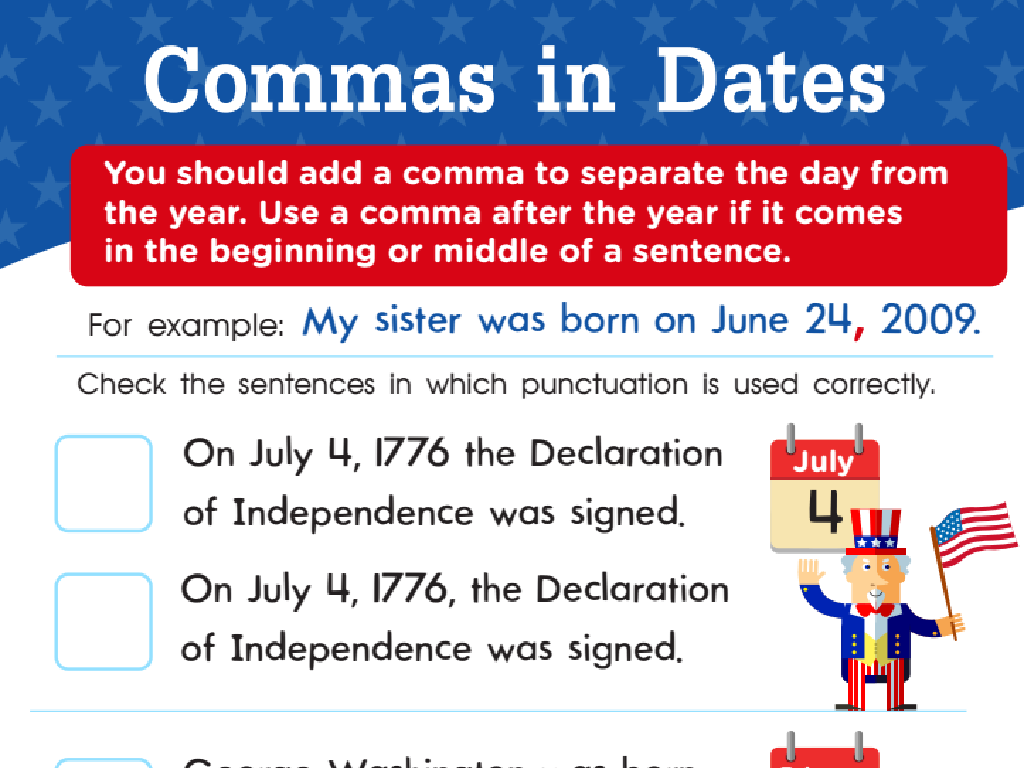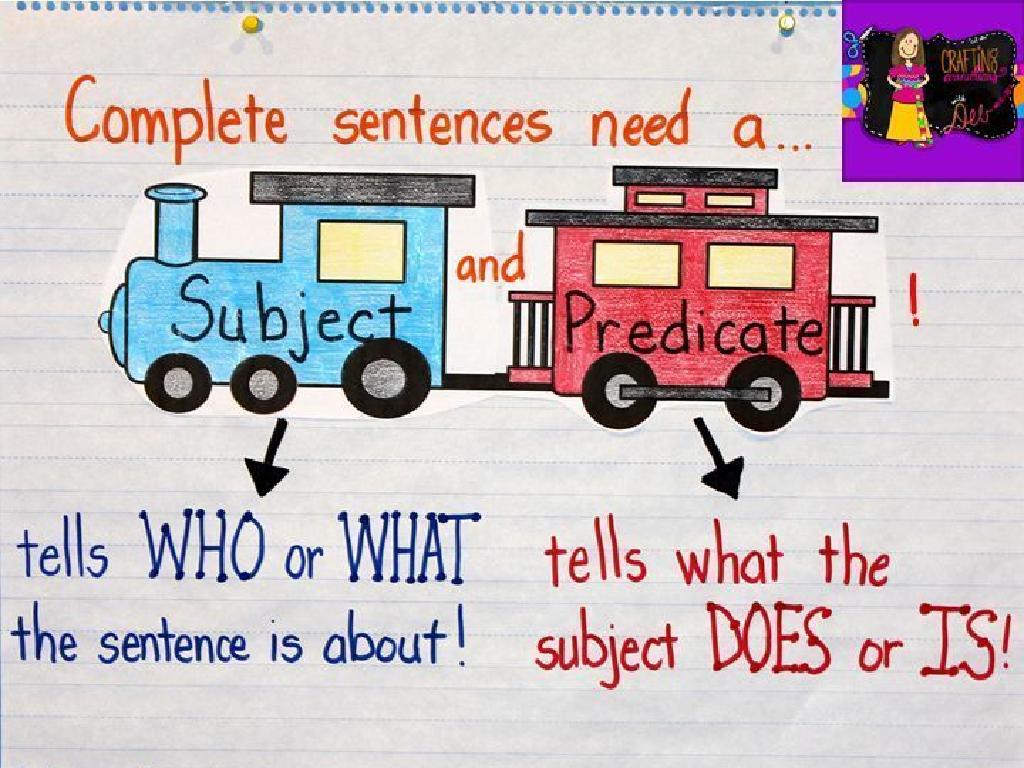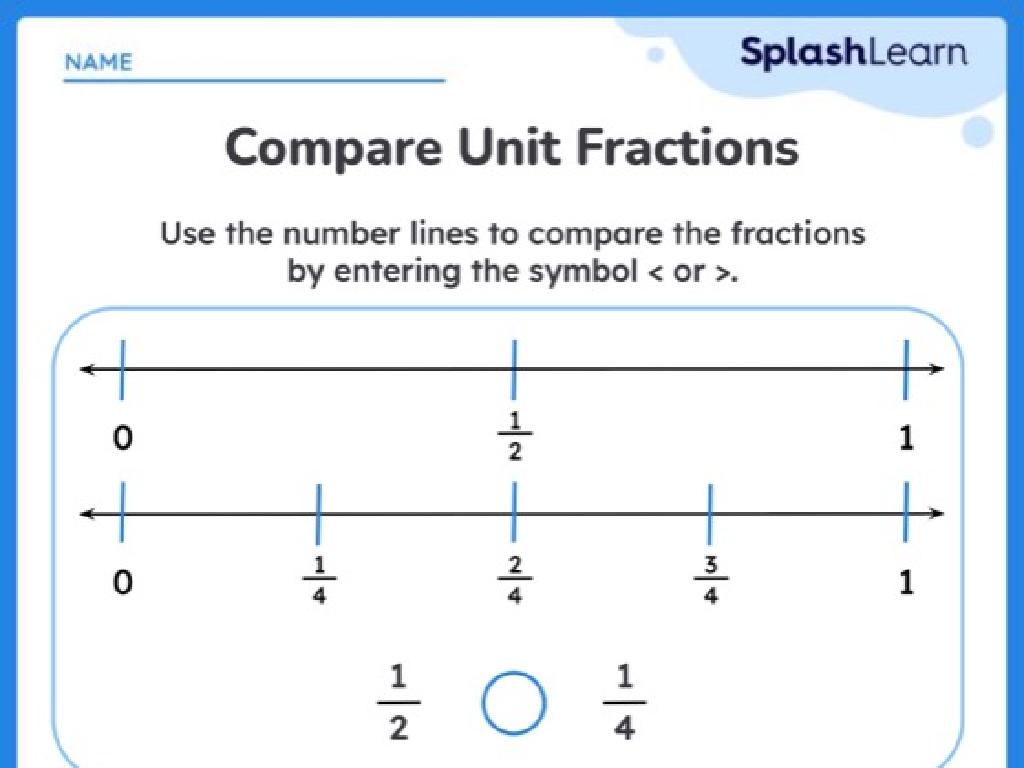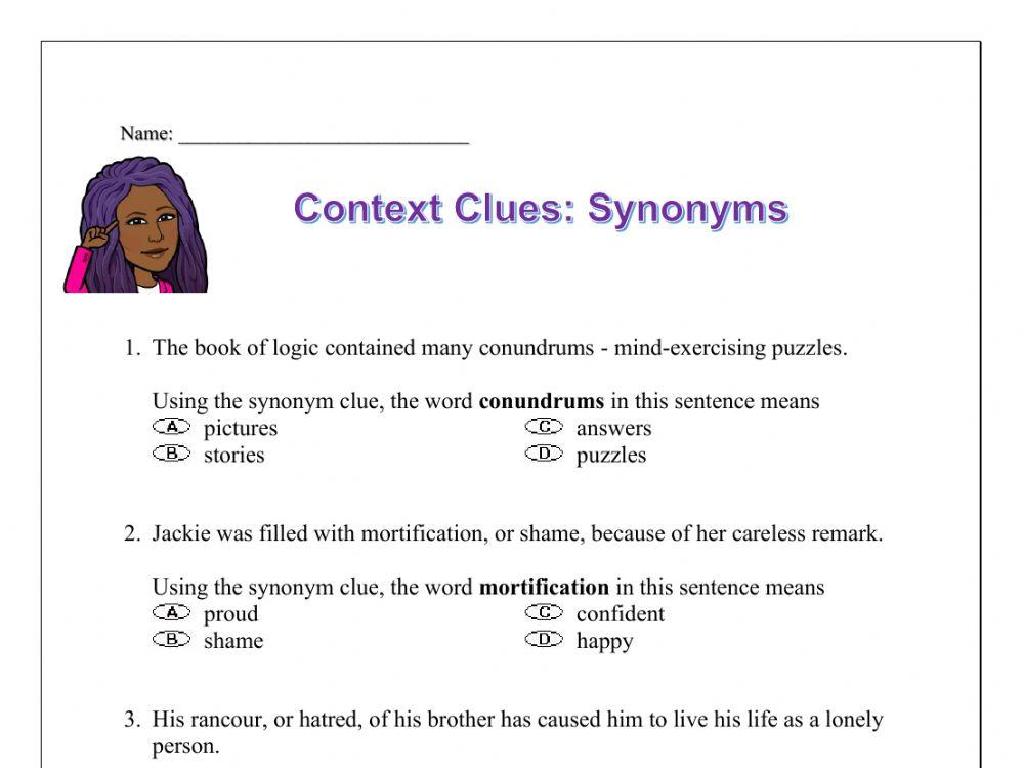The Enlightenment: Influences On Government
Subject: Social studies
Grade: Sixth grade
Topic: Early Modern Europe
Please LOG IN to download the presentation. Access is available to registered users only.
View More Content
Exploring The Enlightenment
– What was The Enlightenment?
– A European intellectual movement emphasizing reason and individualism over tradition.
– Enlightenment’s impact on government
– It led to the development of democracy, civil rights, and separation of powers.
– Meet the Enlightenment thinkers
– Philosophers like Locke, Voltaire, and Rousseau challenged old ideas.
– Their revolutionary ideas
– Ideas like freedom of speech and equality before the law were born.
|
This slide introduces students to The Enlightenment, a pivotal period in European history that profoundly influenced modern government. Emphasize that The Enlightenment was a time when thinkers started to question traditional authority and believed that reason and science could improve society. Discuss how these ideas laid the groundwork for modern political systems, including democracy and civil rights. Highlight key figures such as John Locke, who advocated for the social contract and government by consent, and Montesquieu, who proposed the separation of powers. These concepts are fundamental to understanding how current governments function and the rights and responsibilities of citizens. Encourage students to think about how these Enlightenment ideas can be seen in our government today.
The Enlightenment’s Impact on Government
– The Age of Reason explained
– A time when people started to question old beliefs and improve knowledge.
– From faith to reason and science
– People began to look for evidence and logic, rather than just believing in tradition.
– Enlightenment shifts world view
– This period changed how individuals thought about society and their governments.
– Authority viewed through reason
– Leaders and laws were now expected to be rational and serve the public good.
|
The Enlightenment, also known as the Age of Reason, was a pivotal movement in human history that marked a shift from a society rooted in faith and tradition to one that emphasized reason, scientific inquiry, and individualism. This period saw significant advancements in philosophy, science, and politics. It encouraged people to question the status quo and to view their rulers and governments with a critical eye, demanding rational justification for laws and policies. This led to the development of new political ideas about freedom, democracy, and human rights, which have shaped modern governments. In class, we’ll explore how these ideas emerged and discuss key figures like John Locke and Montesquieu, who proposed revolutionary ideas about governance.
Key Thinkers of The Enlightenment
– Meet Enlightenment Philosophers
– Voltaire, Rousseau, Montesquieu, Locke
– Contributions to Political Thought
– Ideas on freedom, government roles, rights
– Influence on Democracy
– Their thoughts shaped today’s democracies
– Reflection in Modern Principles
– U.S. Constitution reflects Enlightenment ideas
|
This slide introduces students to the central figures of the Enlightenment and their impact on political philosophy. Voltaire championed freedom of speech, Rousseau focused on the social contract, Montesquieu introduced separation of powers, and Locke emphasized natural rights. These ideas were revolutionary and contributed significantly to the development of modern democratic principles. For example, the U.S. Constitution incorporates Montesquieu’s separation of powers into its three branches of government. Encourage students to see these connections as evidence of the Enlightenment’s lasting legacy on our government structure and individual freedoms.
Enlightenment Influence on Government
– Separation of powers concept
– Dividing government into branches to prevent abuse of power.
– Individual rights and freedoms
– Ideas like freedom of speech and religion.
– Understanding the social contract
– Agreement between people and rulers for societal benefits.
– Government’s role in society
– To protect citizens and maintain order based on Enlightenment thinking.
|
This slide introduces key Enlightenment ideas that shaped modern government. The concept of separation of powers was proposed to prevent one branch from becoming too powerful, ensuring a system of checks and balances. Enlightenment thinkers also emphasized the importance of individual rights and freedoms, which became the basis for many constitutional democracies. The social contract theory redefined the relationship between the governed and their government, suggesting that rulers are legitimate only if they have the consent of those they govern. Discuss how these ideas are reflected in the U.S. Constitution and the Bill of Rights. Encourage students to think about how these principles operate in their own lives and in the current government.
Enlightenment’s Impact on U.S. Government
– Enlightenment shaping U.S. founding
– Ideas like liberty & democracy influenced the Constitution’s creation.
– The Federalist Papers’ role
– A collection of essays promoting the Constitution’s approval.
– Ratification debates
– Intense discussions on the Constitution’s adoption.
– Bill of Rights’ significance
– First 10 amendments ensuring personal freedoms.
|
This slide explores the profound influence of Enlightenment thinking on the formation of the United States government. Highlight how Enlightenment concepts such as liberty, democracy, and justice were integral to the creation of the U.S. Constitution. Discuss The Federalist Papers, a series of essays written to persuade citizens to ratify the Constitution, emphasizing the importance of a strong central government. Address the heated debates that occurred over the ratification of the Constitution, leading to the creation of the Bill of Rights, which aimed to protect individual liberties and prevent government overreach. Encourage students to consider how these historical documents and debates continue to affect their lives today.
Enlightenment’s Impact on Today’s Governments
– Lasting impact on modern governance
– Ideas like democracy and human rights stem from Enlightenment.
– Enlightenment ideas in action today
– Examples: U.S. Constitution, French Declaration of the Rights of Man.
– Critical thinking on Enlightenment ideals
– Discuss if current governments reflect Enlightenment values.
– Are ideals fully realized in society?
– Debate on the presence of liberty, equality, and justice today.
|
This slide aims to connect historical Enlightenment concepts with their enduring influence on contemporary governments. Students should understand how Enlightenment ideas like democracy, human rights, and the social contract are foundational to modern governance structures, including the U.S. Constitution and the French Declaration of the Rights of Man. Encourage students to critically analyze whether today’s societies fully embody Enlightenment ideals, fostering a discussion on the presence of liberty, equality, and justice in current times. This will help them develop their critical thinking skills and apply historical knowledge to understand the present-day world.
Enlightenment Thinkers’ Fair: Exploring Ideas
– Form groups for Enlightenment thinkers
– Create posters on their government ideas
– Highlight key concepts and their impact
– Present findings to the class
– Engage in peer learning and discussion
– Share insights and ask questions
|
This class activity is designed to immerse students in the world of Enlightenment thinkers and their impact on modern government. By dividing the class into groups, each student will have the opportunity to delve deep into the philosophies of figures like John Locke, Voltaire, or Montesquieu. Encourage creativity in their presentations or posters, emphasizing the importance of these ideas in shaping democratic principles. As groups present, facilitate a discussion that allows students to compare and contrast the various viewpoints. This will not only enhance their understanding of the material but also develop their public speaking and critical thinking skills. Possible activities include role-playing debates, creating ‘Enlightenment profiles’ for each thinker, or a gallery walk where students can view and discuss each other’s work.






